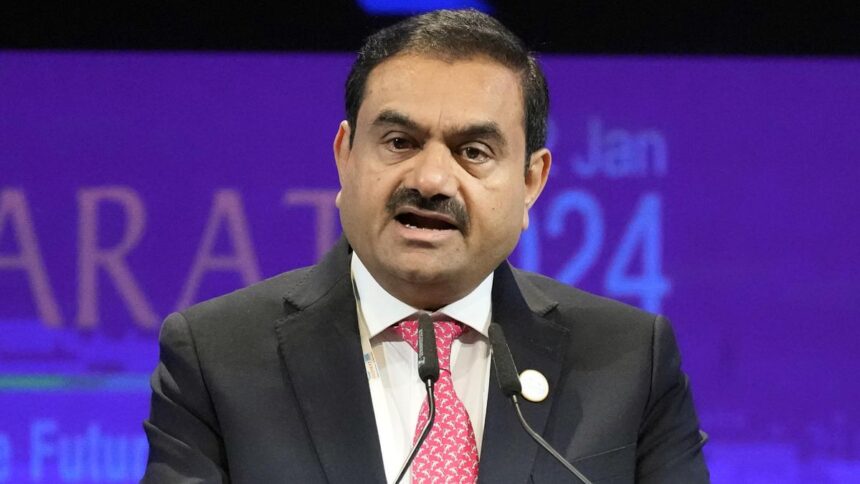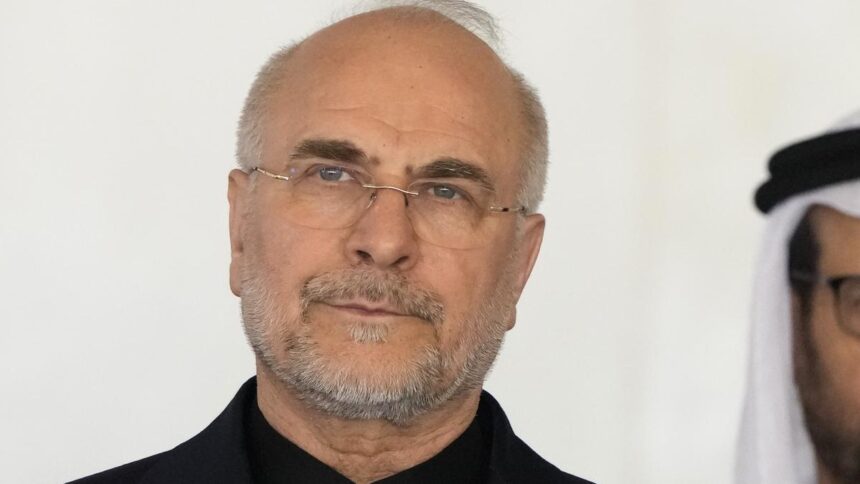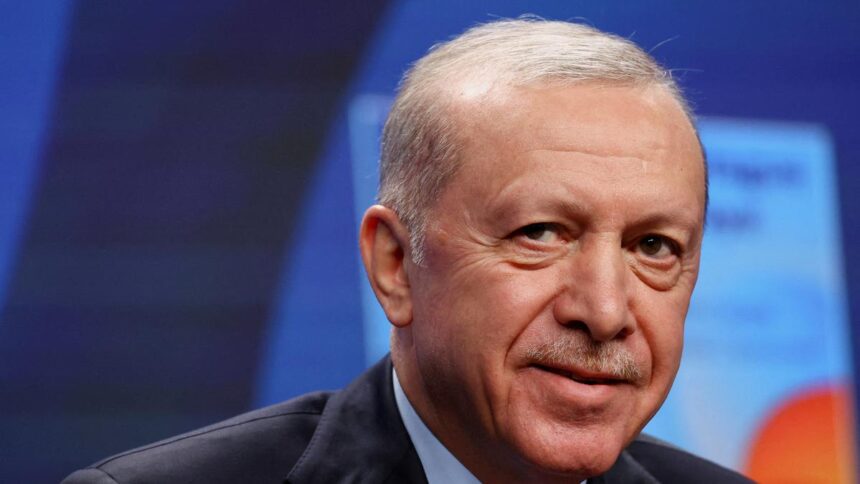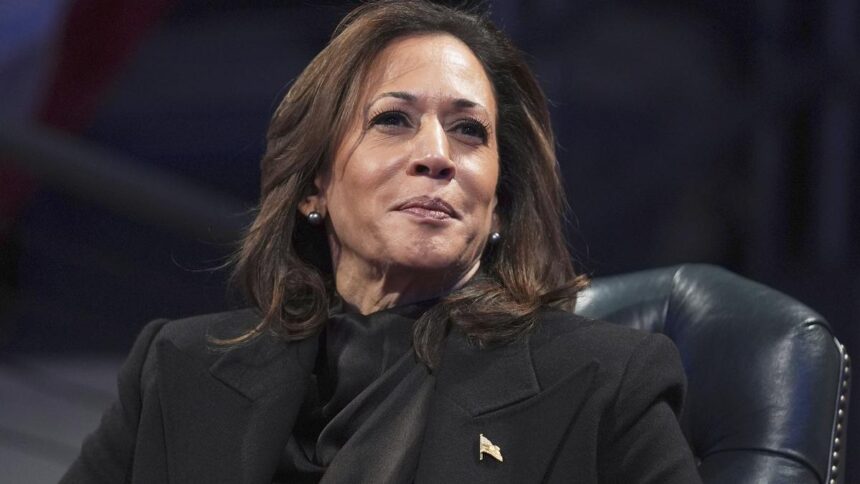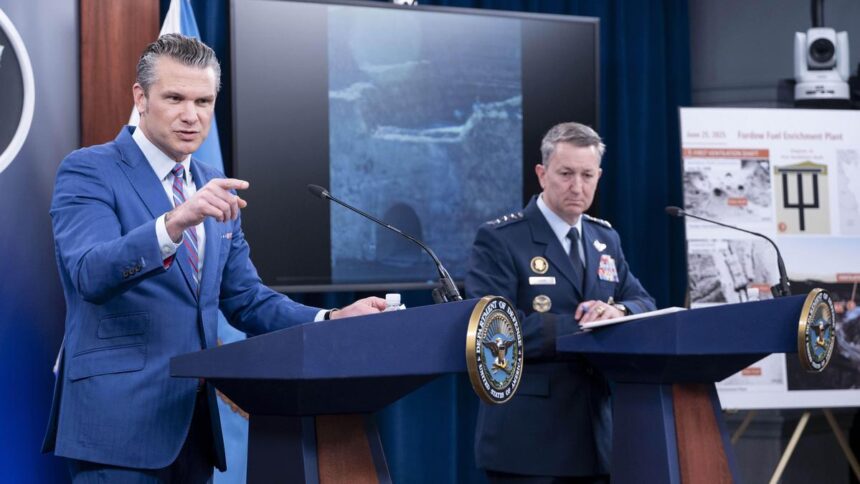
The extension, which avoids a 30% tariff on most Mexican non-automotive and non-metal goods compliant with the U.S.-Mexico-Canada Agreement on trade, came after a Thursday morning call between Trump and Mexican President Claudia Sheinbaum.
| Photo Credit: Reuters
U.S. President Donald Trump gave Mexico a 90-day reprieve from higher tariffs to negotiate a broader trade deal but was expected to issue higher final duty rates for most other countries as the clock wound down on his Friday (August 1, 2025) deal deadline.
The extension, which avoids a 30% tariff on most Mexican non-automotive and non-metal goods compliant with the U.S.-Mexico-Canada Agreement on trade, came after a Thursday morning call between Mr. Trump and Mexican President Claudia Sheinbaum.
“We avoided the tariff increase announced for tomorrow,” Sheinbaum wrote in an X social media post, adding that the Mr. Trump call was “very good.”

Approximately 85% of Mexican exports comply with the rules of origin outlined in the USMCA, shielding them from 25% tariffs related to fentanyl, according to Mexico’s economy ministry.
Mr. Trump said that the U.S. would continue to levy a 50% tariff on Mexican steel, aluminum and copper and a 25% tariff on Mexican autos and on non-USMCA-compliant goods subject to tariffs related to the U.S. fentanyl crisis.
“Additionally, Mexico has agreed to immediately terminate its Non Tariff Trade Barriers, of which there were many,” Mr. Trump said in a Truth Social post without providing details.
Tough questions from judges
Mr. Trump hit Brazil on Wednesday with a steep 50% tariff as he escalated his fight with Latin America’s largest economy over its prosecution of his friend and former President Jair Bolsonaro, but softened the blow by excluding sectors such as aircraft, energy and orange juice from heavier levies.
The run-up to Mr. Trump’s tariff deadline was unfolding as federal appeals court judges sharply questioned Mr. Trump’s use of a sweeping emergency powers law to justify his sweeping tariffs of up to 50% on nearly all trading partners.
Mr. Trump invoked the 1977 International Emergency Economic Powers Act to declare an emergency over the growing U.S. trade deficit and impose his “reciprocal” tariffs and a separate fentanyl emergency.
The Court of International Trade ruled in May that the actions exceeded his executive authority, and questions from judges during oral arguments before the U.S. Appeals Court for the Federal Circuit in Washington indicated further skepticism.
“IEEPA doesn’t even say tariffs, doesn’t even mention them,” Judge Jimmie Reyna said at one point during the hearing.
China deal not done
U.S. Treasury Secretary Scott Bessent said the United States believes it has the makings of a trade deal with China, but it is “not 100% done,” and still needs Mr. Trump’s approval.
U.S. negotiators “pushed back quite a bit” over two days of trade talks with the Chinese in Stockholm this week, Bessent said in an interview with CNBC.
China is facing an August 12 deadline to reach a durable tariff agreement with Mr. Trump’s administration, after Beijing and Washington reached preliminary deals in May and June to end escalating tit-for-tat tariffs and a cut-off of rare earth minerals.
Published – August 01, 2025 05:17 am IST
















